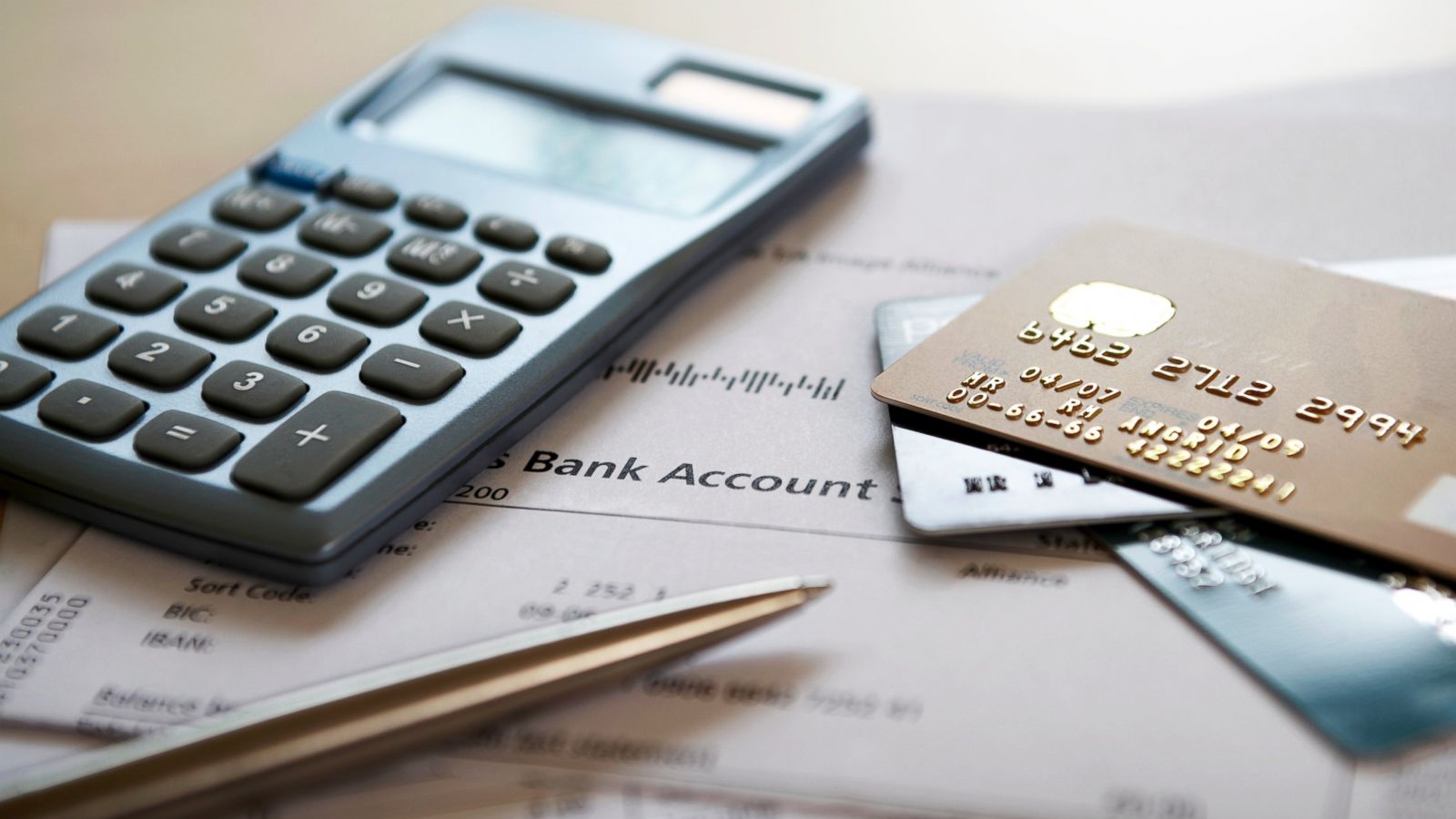If you can't afford to pay a past-due obligation in full, you can negotiate a reduced payment with your creditor (a debt settlement). Debt settlement implies you've agreed with your creditors to pay less than the full amount owed in order to satisfy your debt.
If you negotiate a debt settlement, for example, your credit card company may agree to take a $2,000 payment on a $5,000 bill. If the issuer is ready to negotiate, a lesser lump sum may not be the sole way to satisfy the obligation.
However, settling debt on your credit record might have a negative impact on your score.
Credit Score Impact
The majority of your credit and loan commitments are reported to credit bureaus each month. Your account status is included on your credit report, and it indicates if your payments are on time, late, or closed.
For example, when you have paid off your debt, your credit card issuer would most likely shut your account. You may also have your credit limit reduced or eliminated if the creditor discovers that you do not intend to pay the sum in full.
When a debt is settled, your credit record is updated with the status "settled" or "paid settled." While a "paid as agreed" or "paid in full" payment status is marginally better than an "unpaid" payment status, any payment status other than "paid as agreed" or "paid in full" will harm your credit.
Debt settlements have a negative influence on your credit score since you are not paying your entire sum as agreed.
Because your credit is determined by a number of variables, the specific impact on your score will vary depending on the other information on your credit report.
FICO Score Examples
A credit score is a prediction of your ability to repay money borrowed in the form of a loan, mortgage, or credit card. Borrowers' credit ratings are also affected by how effectively they pay their payments on time. A FICO credit score is a form of scoring model that banks, lenders, and credit providers use to determine whether or not to offer credit to you. Your credit score also influences the interest rate and credit limit you obtain on your credit products.
Credit scoring businesses do not reveal specifics on how scores are created, and this might vary based on the measures utilized. FICO, on the other hand, presented FICO score loss data based on hypothetical individuals with varying credit ratings. In one case, a person with a 680 credit score and one late payment on a credit card would lose 45 to 65 points following debt settlement for one credit card, but a person with a 780 credit score and no other late payments would lose 140 to 160 points.
If you have a credit history similar to these instances and are just resolving one debt, your credit score may suffer a comparable decline. If you do not pay your bills on time, your credit score may suffer even more.
Late Payments Preceding Debt Settlement
Debt settlement will have a greater negative impact on your credit score if the credit cards you settle are already in excellent standing and if you wind up resolving many credit card accounts.
Many debt settlement businesses may encourage you to intentionally miss payments so that creditors would be more ready to accept a debt settlement payment. This method is based on the assumption that lenders will only be motivated to settle debts that are in danger of not being paid. Following the advice of a debt settlement business will result in several months of missing payments, which will harm your credit even before you settle the debt.
The debt settlement information will stay on your credit record for seven years, but it will have less of an influence on your credit score as it ages and new positive information is added to your credit report.
Rebuilding Your Credit
The purpose of debt settlement is to eliminate some of your debt, especially if you cannot afford to pay off all of your bills in full. To get out of debt, you may have to temporarily compromise your credit score—especially if you're not seeking a significant loan right now.
After you've paid off your debts, you may concentrate on improving your credit score. Because credit is dependent on borrowing, you'll need to restore your credit using credit cards or loans. Responsible borrowing and on-time payments are essential for maintaining a decent credit score and keeping out of debt.
However, keep in mind that debt settlement may result in an unexpected expense. The federal government compels you to pay taxes on debt that has been canceled, including debt canceled through credit card debt settlement. That means you'll either get a lower refund or owe the IRS more money.
Questions and Answers (FAQs)
Can I do debt settlement on my own?
Negotiating and settling debt with creditors might be difficult, but it is not impossible. Before you can start negotiating credit card debt, you must first understand why credit card firms are prepared to bargain. You must be informed of your possibilities and the downsides of settling. Once you begin the process, be persistent and document every step of the journey, including the settlement agreement.
How long will it take for credit scores to improve after debt settlement?
It's vital to understand that debt settlement will remain on your credit record for seven years. You may, however, start working on increasing your credit score right immediately. You may do this by including good history on your credit report. This includes paying your payments on time, repaying previous obligations, and keeping your credit usage low.


